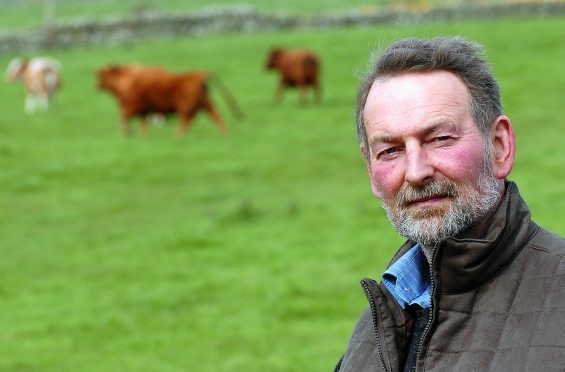It is frequently said that farmers are price-takers rather than price-makers and farm profitability is affected by a range of circumstances beyond their control.
Agricultural products are subject to the fluctuations of global markets and agricultural policy is increasingly subject to government control and regulation leaving individual farming businesses vulnerable to changing government priorities.
Government interference in the agricultural marketplace is not new, agricultural subsidies had their genesis in efforts to stimulate food production in post-war Britain and reseeding, liming, fencing were largely responsible for the growth in food production throughout the 60s and 70s.
For the last 40 years agricultural markets have been regulated by the EU and although it has not always been plain sailing, membership of the EU has provided stability and economic security allowing farming businesses to prosper and grow.
Agricultural support has also ensured a plentiful supply of food in the shops, way below the actual cost of production. Brexit, of course, is set to change all this although 18 months on from the referendum we are still in the dark on the impact that leaving Europe will have on our businesses.
Worryingly, it would appear that those negotiating with Europe on our behalf also have little idea of what the future will bring. In fact the only thing we can be sure of is there are obviously differing opinions between the devolved administrations and Westminster. Apart from differences between our future trading relationships with the EU, views are split between the devolved countries wishing to maintain support to sustain active farming businesses, especially in the upland areas, and Westminster rhetoric about a “green” Brexit.
It is to be hoped and expected that commonsense will prevail and the Brexit settlement will allow the devolved administrations to make their own decisions on the direction of rural policy and provide sufficient funding to do so. If that is the case, it will be up to the industry to work with government to develop a future strategy for rural Scotland. The new National Council of Rural Advisers is a good start.
However, it is important to learn from past mistakes and make sure that government’s enthusiasm for one sector does not adversely affect another. The current drive to increase woodland creation is a case in point.
Admittedly tree planting targets are lagging behind expectations and there are concerns amongst foresters that there will be a shortage of commercial timber down the line, but, woodland creation incentives are taking good farmland out of agricultural production. A combination of advantageous planting grants, favourable capital gains and inheritance tax regime for woodlands, a tax-free crop on harvesting, combined with the ability to continue to access agricultural payments are encouraging landowners to move out of agriculture and convert the land to forestry. Moreover, the sluggish upland market is being buoyed by the demand for land for tree planting and this trend is set to continue.
This may be good news for those wishing to get out of agriculture, but it is a short-term fix which may well be regretted by future generations looking for land to produce food and governments should be wary of incentivising one sector at the expense of another. What prospects for new entrants when woodland creation is so attractive?
- Angus McCall farms at Culmaily Farm, near Golspie. He is an executive director at the Scottish Tenant Farmers’ Association.
